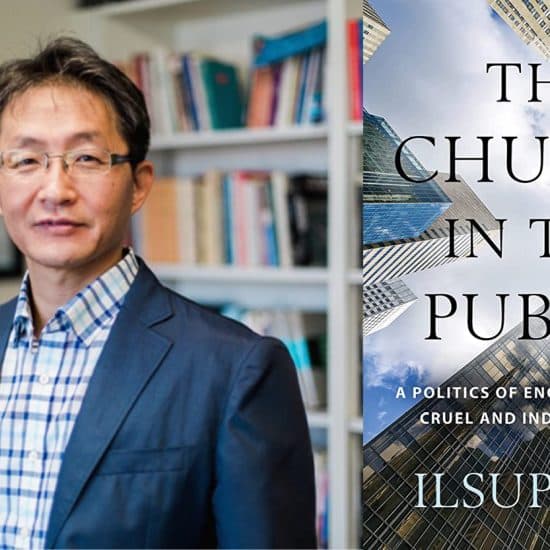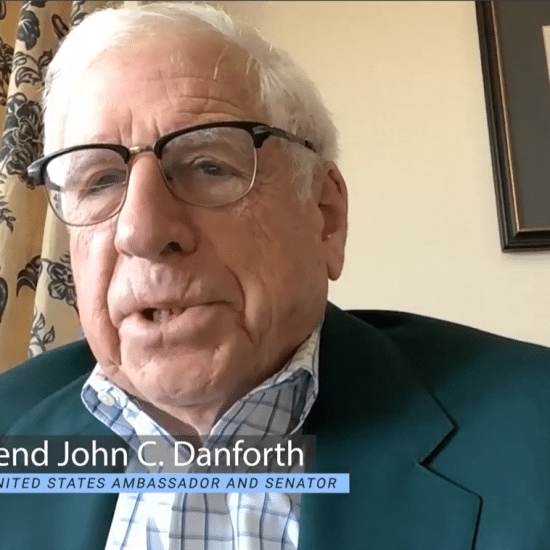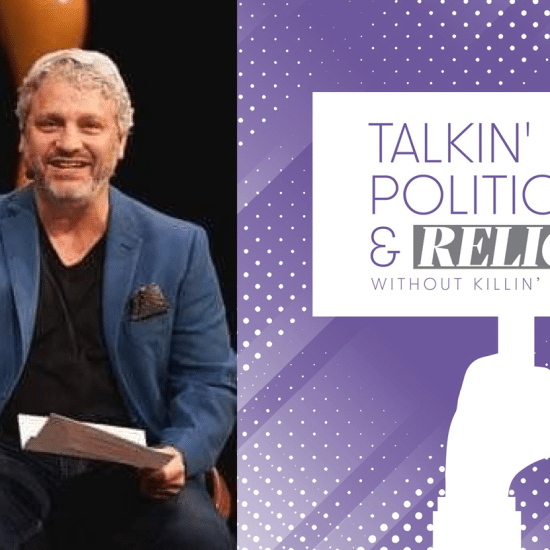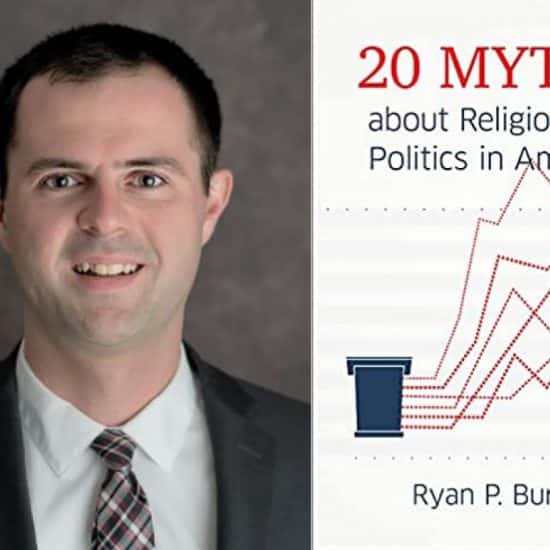
(BP) – I visibly cringe every time the word “civility” is used around me. I hate it. On the face of it, “civility” is one of those things that everyone supports – like “patriotism” or “family” or “honor.” But our civility is often limited to whether or not we agree with the other person. As a follower of Jesus Christ, I am repelled by the word “civility” because it aspires to too little. We are called not to mere civility, but beyond civility to kindness.
For many in contemporary American life, no matter their politics or religion, “kindness” is equated with weakness. Certainly there is a kind of civility which can be a sort of conspiracy of silence in the face of injustice. The poet Czesław Miłosz warned about what can happen when the church becomes “a troop of boy scouts trained in an additional politeness useful to the authorities.” No, the prophetic word we are called to carry is “sharper than a two-edged sword” (Hebrews 4:12), and cannot be quelled into a polite silence by church or state (1 Kings 22:13- 14; Amos 7:12-16).

(Randalyn Hill/Unsplash)
The Bible defines kindness in terms of weakness, but a weakness wherein there is the power of Christ – the word of the cross (1 Corinthians 1:24). In his letter to his protégé Timothy, the apostle Paul declared: “Have nothing to do with foolish, ignorant controversies; you know that they breed quarrels. And the Lord’s servant must not be quarrelsome but kind to everyone, able to teach, patiently enduring evil, correcting his opponents with gentleness” (2 Timothy 2:23-24).
Notice, this kindness does not mean surrendering conviction or silencing proclamation. Paul told Timothy to “correct his opponents,” to “teach.” The question is not whether the Lord’s servant will “fight the good fight,” but whether he will fight with carnal weapons or spiritual ones. Kindness is not a cessation of fighting; kindness is the way we fight.
The primal issue for everyone apart from Christ, including us, is not wrong opinions or affiliations but spiritual captivity. We speak with kindness so that our mission field “may come to their senses and escape from the snare of the devil, after being captured by him to do his will” (2 Timothy 2:25-26). We speak what Jesus told us to say, the way that he himself said it. We rage against the Reptile, not against its prey.
Much of the frantic outrage we see today is, in fact, a lack of confidence. The way of Christ is different, though. We have confidence in the ultimate triumph of Christ such that we are not driven to frenzy when people make fun of us or are hostile to our beliefs. Instead, we stand with the quiet tranquility of a triumphant Christ, who said calmly to his executioner: “My kingdom is not from this world” (John 18:36).
Shock and awe power is the way of the crucifiers. Kindness and gentleness is the way of the crucified. No form of Christian engagement sees Simon Peter’s Gethsemane sword-waving as strength and Jesus Christ’s Golgotha cross-bearing as weakness.
Civility is a start, I suppose. We are citizens of a republic who should be able to disagree constructively, to seek to persuade one another of the best way forward in the earthly sphere. But we are also citizens of a Kingdom, from which the Spirit is conforming us to the pattern of Christ. One of the fruits of that Spirit is kindness (Galatians 5:22). The world is in need of a Gospel that is good news for sinners like us. And in God’s kindness, anyone, even the person railing against God right now, may one day be granted repentance and faith, may be our brother or sister in Christ, may even be a great leader of the church of the next generation (1 Timothy 1:15).
Civility is not enough.
Russell D. Moore is president of the Southern Baptist Convention’s Ethics & Religious Liberty Commission.






